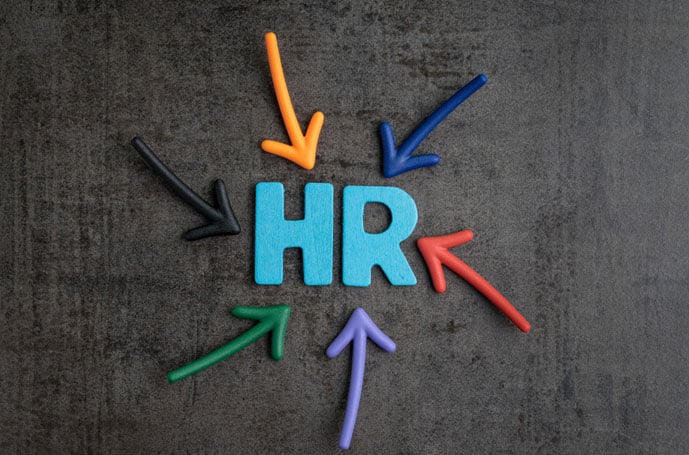Last week’s record high CPI (consumer pricing index) hit the headlines. According to the U.S. Bureau of Labor Statistics, the CPI for all urban consumers rose this past year by 9.1% to an index level of 296.311. In other words, prices rose by 9.1%.
This is the most significant increase year-over-year since 1981. For the uninitiated, CPI refers to how the average amount spent by urban consumers on consumer goods and services, including education, food, healthcare, and transportation, has changed over a set period.
In this instance, this record high CPI indicates the most considerable price and inflation hike in 41 years. This is a sobering indicator that employers cannot ignore.
People across the country face real price increases impacting their quality of life. But what does this mean for recruiters? According to a 2021 Gartner survey, just over a third of companies surveyed planned to factor inflation into their compensation strategies.
So how does this record high CPI impact compensation strategies and, with them, staff retention and employee morale? The three elements are, of course, intertwined. So let’s take a look below:

CPI and How it Relates to Compensation
According to the U.S. Bureau of Labor Statistics (BLS), labor compensation costs for private industry workers, including pay and benefits combined, increased 4.8% year over year in March 2022, representing a 2.8% increase since 2021.
But, given that the CPI last week sat at a staggering 9.1%, it’s clear that wages aren’t keeping up with the increasing prices of a wide range of goods and services.
So, how does this impact your company?
In business terms, how CPI relates to wage rises will depend upon your company’s policies. For example, suppose an organization uses CPI to determine compensation strategies. In that case, this record rise should prompt companies to address their employees’ benefits and wages to match the increased cost of living.
However, businesses may not be in a position to afford this and find themselves, in turn, struggling to recruit and retain staff. We already know about employers’ difficulties finding skilled talent due to the Great Resignation, so this latest news may present another unwelcome development.
CPI and How it Relates to Staff Retention
While it’s too early to say how this latest round of CPI figures impacts staff retention, an online survey by the American Staff Association Workforce Monitor® found that 58% of U.S. employees are worried their paycheck is insufficient to support themselves and their families.
As for job hunting, 28% plan to look for a new job in the next six months, and 20% intend to ask for a salary increase.
The take from this is that HR leaders and business owners need to do more to address employee concerns if they want to retain skilled and loyal staff.
Some potential measures that may help in the short term include:
- Employers taking a more flexible approach to remote/hybrid working, thereby removing travel costs for employees.
- Providing debt support.
- Promoting mental health support via an employee assistance program.
- Offering an attractive health benefits program that covers the cost of everyday health care.
Other suggestions include employee benefits that have a monetary value, such as child care vouchers, store discounts and bonuses.
CPI and How it Relates to Employee Morale
Consumers (aka your employees) will undoubtedly find it harder to make ends meet when the cost of living increases. This will impact staff morale because people are essentially doing the same job but for less while worrying about paying their bills.
It costs more to pump gas into your tank. Also, the costs of utilities and food are increasing.. Still, wages are either stagnant or not increasing to accommodate the higher costs of living. Consequently, employees may not feel as motivated and appreciated by their employers and start looking for higher pay elsewhere.
Boosting employee morale in such a scenario is a no-brainer and doesn’t have to break the bank. Employers can take small steps such as openly acknowledging the crisis and directing employees to resources where they can seek appropriate support.
It’s also worth conducting a cost analysis on staff morale impact on productivity and sickness levels. For example, one report found that low productivity costs U.S. businesses $1.8 trillion annually!
The Bottom Line
Ultimately, the record high CPI, cost of living crisis and ongoing pressures upon employees and businesses aren’t issues employers can ignore long-term.









